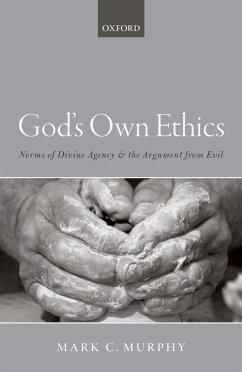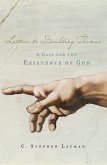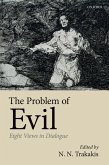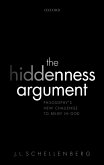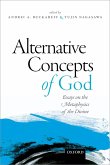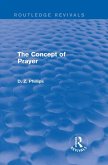Every version of the argument from evil requires a premise concerning God's motivation - about the actions that God is motivated to perform or the states of affairs that God is motivated to bring about. The typical source of this premise is a conviction that God is, obviously, morally perfect, where God's moral perfection consists in God's being motivated to act in accordance with the norms of morality by which both we and God are governed. The aim of God's Own Ethics is to challenge this understanding by giving arguments against this view of God as morally perfect and by offering an alternative account of what God's own ethics is like. According to this alternative account, God is in no way required to promote the well-being of sentient creatures, though God may rationally do so. Any norms of conduct that favor the promotion of creaturely well-being that govern God's conduct are norms that are contingently self-imposed by God. This revised understanding of divine ethics should lead us to revise sharply downward our assessment of the force of the argument from evil while leaving intact our conception of God as an absolutely perfect being, supremely worthy of worship.
Dieser Download kann aus rechtlichen Gründen nur mit Rechnungsadresse in A, B, BG, CY, CZ, D, DK, EW, E, FIN, F, GR, HR, H, IRL, I, LT, L, LR, M, NL, PL, P, R, S, SLO, SK ausgeliefert werden.

